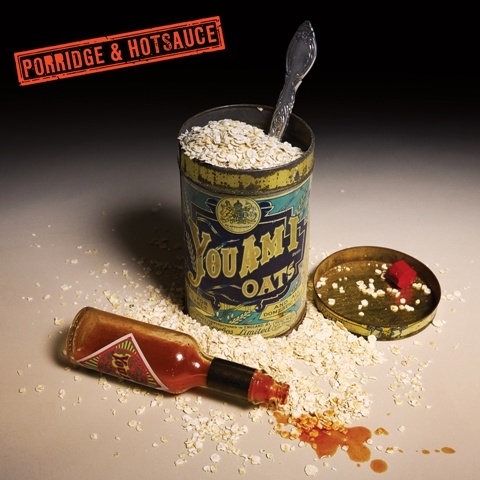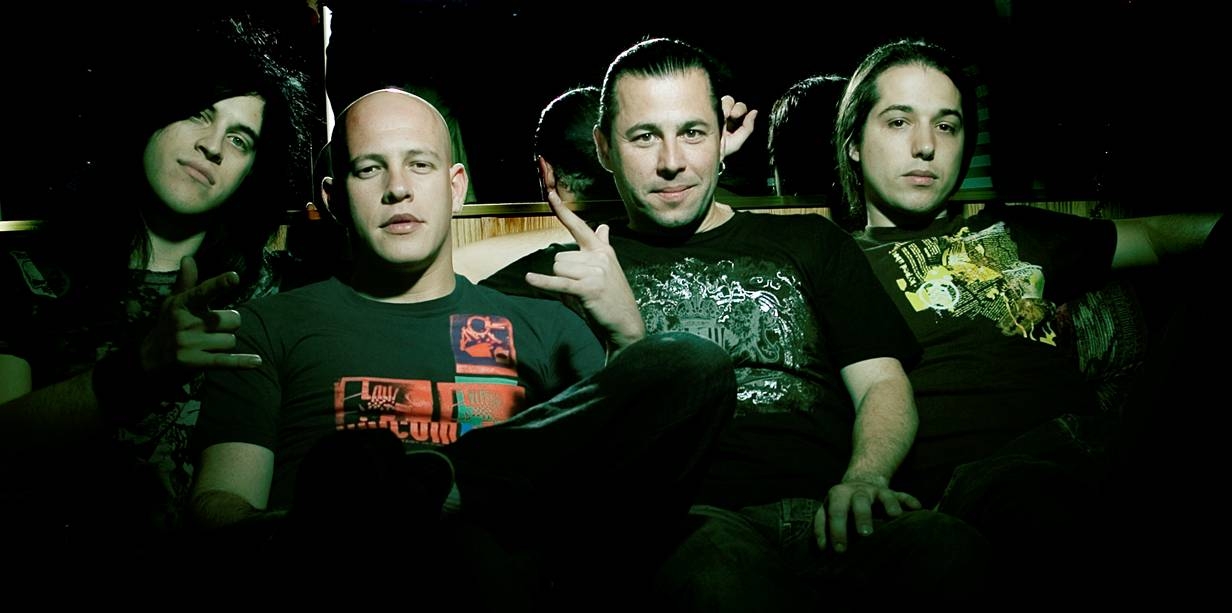Ten albums and 20-odd years into their history, You Am I aren’t out to make a fawning plea for your listenership. An indisputably self-aware outfit, they’re not vying to be emblazoned on the front pages of cool. Nevertheless, Porridge & Hotsauce contains some of the strongest power pop belters of the band’s storied career.
There’s an inclination to paint You Am I as old-fashioned, rock’n’roll purists. While this impression is inherently reductive, Porridge & Hotsauce features plenty of corroborating moments. For instance, there’s the frenzied opening riff of Good Advices, drummer Rusty Hopkinson and bassist Andy Kent’s firetruck rhythms in Bon Vivants, the ripping lead guitar lines of Out To The Never, Now, and numerous occasions of vocalist Tim Rogers letting out a howled “Ye-ahh”.
But as with just about every other You Am I album, Porridge & Hotsauce is a diverse beast. After the hanging-from-a-noose urgency of Good Advices, Bon Vivants introduces lubed up soul riffs and classic pop melodicism, recalling Big Star’s Radio City LP. Next up, No, A Minor Blue is bolstered by a rumbling castle of guitar tone and complementary lashings of chaotic feedback, leaning towards the youthful work of Sonic Youth or Mudhoney. Two Hands shines a country and western torch over the band’s soul influences, employing a horn section and female backing choir in a nod to the Stones’ Exile On Main St. The positively infectious One Drink At A Time adopts an orchestral density akin to Mercury Rev.
Amid all of the textural exploration, the momentum rarely drops. The one primary exception is the baroque pop ballad, Daemons. Plonked in the middle of the song sequence, the rest of lads take a breather while Rogers nestles in next to an acoustic guitar and string section, sparking thoughts of such impeccable tunesmiths as McCartney and Nilsson.
All of these references are merely a guide, as nothing here plainly apes from the band’s rock and pop antecedents. It could be argued that You Am I records are chiefly distinguished by Rogers’ vocal style. He has a penchant for melodic hooks, but the delivery is never straight enough to qualify as conventionally catchy. He often leads melodies down an elliptical path, which conjures up a bittersweet feeling.
Guitarist Davey Lane makes his vocal debut on two songs (Out To The Never, Now and Buzz The Boss, both of which he also composed), and neither diminishes the band’s essence. This indicates that You Am I are identified by more than just Rogers’ voice. Rather, it’s the way the four personalities unite, slavishly committed to the songs and so close knit that they recognise how to turn one another’s imperfections into assets.
BY AUGUSTUS WELBY

